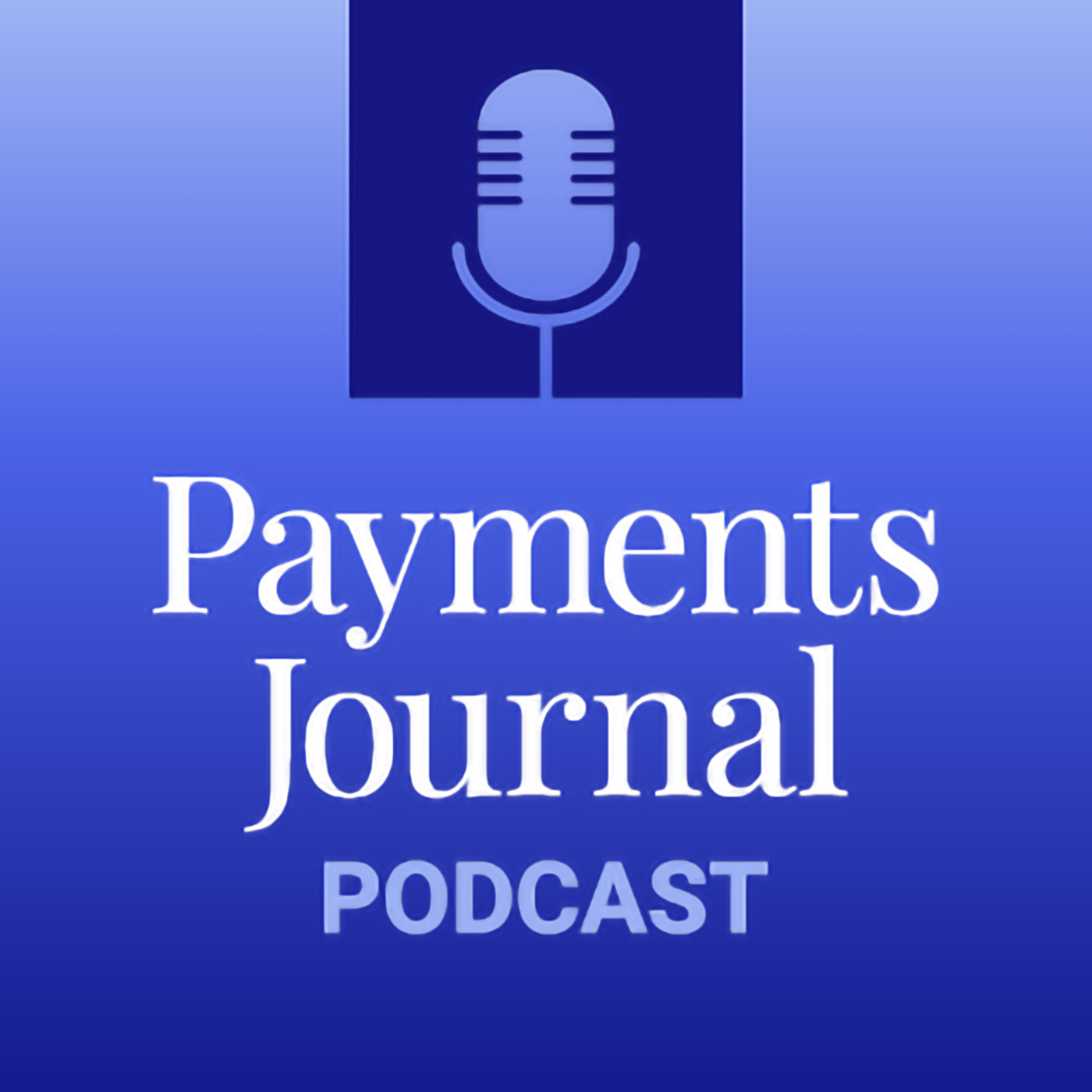ISO 20022 Brings the Challenge of Standardization to Swift Participants
Description
The upcoming conversion to ISO 20022 presents both challenges and opportunities for banks. It allows them to drive potential efficiencies by redesigning operational processes around Swift messaging. However, there is also the challenge of data ingestion; banks will need to ensure every tech platform in their stack, particularly reconciliation and reporting tools, can effectively handle ISO 20022 messaging.
In a recent PaymentsJournal podcast, Nick Botha, Payments Sector Lead at AutoRek, and Brian Riley, Co-Head of Payments at Javelin Strategy & Research, explored where things stand with ISO 20022 conversion, and how workarounds may cause banks more problems than they solve.
What ISO 20022 Promises
ISO 20022 introduces a single standard approach to facilitate communication interoperability between financial institutions, their market infrastructures, and their end users. The deadline for both corporate bodies and financial institutions to prepare their systems is November 2025.
As the adoption date approaches, banks are relying on Swift’s expertise and resources to ensure the transparency and validity of their transactions. Swift is preparing to introduce a messaging system with comprehensive data insights for many of the 11,000 participating firms. The goal is to create standardization across the market as the transition to a more centralized payments economy unfolds globally.
ISO 20022 messaging is designed to provide detailed information on recipients and participants in any payment. It aims to manage data processes and analysis more effectively, potentially reducing some of the cost associated with payments, allowing firms to achieve economies of scale. However, these economies of scale can sometimes be illusory.
Where Do Things Stand Now?
Organizations are currently in a transitional period where many have adopted the ISO 20022 standards, but others are lagging behind. Migrating systems can be costly, and not all organizations have the resources and funds available to make the switch immediately. During this period, conflicts may arise in messaging when advanced firms transact with those that are still catching up, leading to some friction.
Significant resources will need to be allocated to this project to ensure interoperability not only with counterparts in the wider economy but also in within the organizations’ tech stack and IT communication systems. The move to ISO 20022 is already somewhat overdue, but for companies that have yet to make the switch, it’s not too late.
“A lot of workshopping has been happening across different geographies globally within the Swift network,” said Botha. “If you haven't done it yet, understand how it will apply to the strategic direction of cross-border payments for your business, especially if you are in the Swift network. If you're not in that network, it's still worth adopting the principles behind how this can work, because those 11,000 institutions are working with another 50,000 or 100,000 institutions that aren't a part of that network too.”
Diseconomies of Scale
As banks and other financial institutions strive to keep operational costs down, they encounter a paradox. In the payments space, increasing transactional volume is typically seen as a path to profitability. But, producing additional volume comes with its own costs, such as expanding infrastructure, providing internal support, and implementing fraud reconciliation software.
More Episodes
"The holiday season is here, bringing with it a host of celebrations. From office parties to family gatherings, shoppers are navigating an evolving landscape of gift-giving traditions. In our latest podcast episode, we dive into how consumer trends, new technologies, and the timeless appeal of...
Published 11/19/24
Artificial intelligence is fueling a major transformation in the financial fraud landscape. AI has democratized criminal sophistication and fraud at a very low cost of conducting business, generating more malignant actors that financial institutions have to fight against.
What can these...
Published 11/13/24
Published 11/13/24


